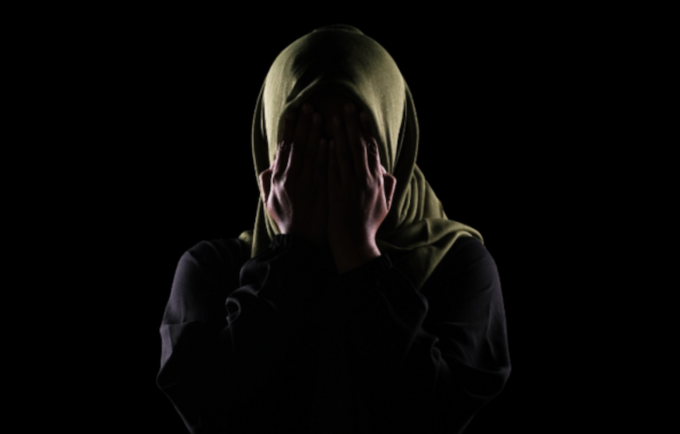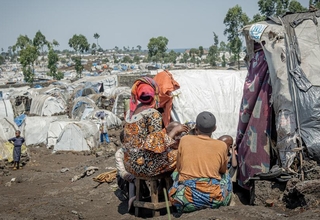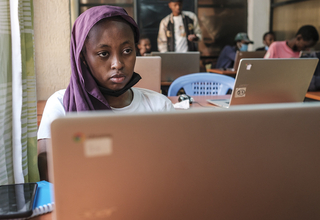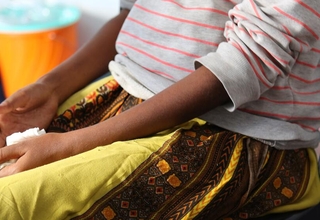“My name is Azeb*. I am 33 and I live in the Mambuk IDP (Internally Displaced Persons) camp in the Benishangul Gumuz region, Ethiopia. Me and my family had to flee an armed attack on our village.
“My life was as difficult as it was. An IDP isn't home. But what shattered me most was the sexual assault I experienced a while back.
“The day was sunny, and my friend and I went to the nearby river to fetch water. In daylight, I never felt unsafe, so I wasn't concerned. However, a group of men attacked and raped us.
“I went home to my husband and told him what happened to me. He immediately left the house, never to return. My friend who experienced this horror with me also refused to talk to me about it. She said we should never mention what happened to us, that it should die with us.
I don't have enough words for the amount of pain, the feeling of trauma, the sense of violation and intrusion into my body.
“I don't have enough words for the amount of pain, the feeling of trauma, the sense of violation and intrusion into my body. I was suffering deeply, but it was not something I could share. There is a stigma and shame associated with it. People would laugh and make fun of me. My family, who are already struggling as IDPs, would suffer more. I thought the best thing I could do was to keep my mouth shut.
“However, the pain was eating me alive. As days became weeks and months, it didn't get better. Time did not heal me. I was isolated and depressed.
“I had to tell someone. I confided in a close friend. I was afraid she would tell me to let it go. I was wrong. She not only listened but knew what to do. She told me there was help and that I was not alone.
“My friend introduced me to a midwife from the Ethiopian Midwives Association, sent by UNFPA to support women and girls in the camp. The midwife was kind and introduced me to a social support group.
My healing process began there. I understood that I was not to blame, and society is wrong to stigmatize the [survivors] of gender-based violence, instead of condemning the perpetrators.
“I met women who went through a similar situation, and with the help of a counsellor, they are trying to rebuild their lives. My healing process began there. I understood that I was not to blame, and society is wrong to stigmatize the [survivors] of gender-based violence, instead of condemning the perpetrators.
“The support has made a significant difference in my life. I am putting the pieces back together. I am grateful to the Midwives Association, UNFPA, and everyone who invests time and energy in this cause.”
UNFPA supports the Ethiopian Midwives Association with the generous financial support of the Government of Japan.
* Name changed to protect privacy.




